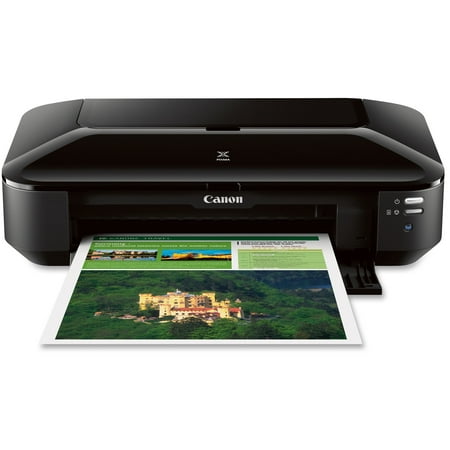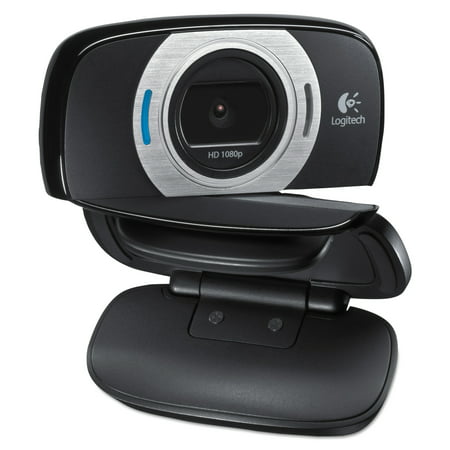HP 23.8″ Touch Intel Pentium 8GB RAM 256GB SSD All-in-One Computer – 780-345
Intel Pentium Silver processor. Dual front-facing speakers. HP Wide Vision FHD camera. FHD touchscreen display. 256GB SSD storage.
Craving a big computing experience for the family without the clutter? Meet the slim and stylish HP 24 all-in-one. Its large HD touch display delivers rich, brilliant images. You’ll love how easy it is to literally “touch” up photos and create digital scrapbooks, and the kids will love drawing and playing games with fingertip ease. The HP 24 is your all-in-fun family computer.
What You Get
- HP 24 All-in-One computer
- Power adapter
- Wireless keyboard and mouse
- User guide
- Free upgrade to Windows 11 (when available, see below for more details)
- Manufacturer’s 1-year limited warranty
Bundled Goodies
- PC Lifestyles Software & Services 8 voucher
All-in-one desktop computer
- This space-saving design integrates the main components into the monitor
- The built-in DVD writer lets you play media and transfer files with ease
Intel Pentium Silver processor
- Enjoy responsive performance and modern features to simplify everyday tasks
- Whether it’s games or movies, experience high performance for all your entertainment
Dual front-facing speakers
- Pump up the volume to your favorite music, movie or game
- When your audio is directed towards you, nothing comes between you and your entertainment
HP Wide Vision FHD camera
- Easily log in through Windows Hello and video chat with an 88 degree, wide-angle field of view camera
FHD touchscreen display
- Enjoy intuitive touchscreen technology and the crystal-clear visuals of vibrant FHD
- View clear, vivid images with 178-degree wide-viewing angles
- Maximize your screen real estate with a three-sided micro-edge display
256GB SSD storage
- Get lightning fast performance while still having plenty of room for your files and media
HP SmartFriend Complete 1-year service
- Enjoy over-the-phone 24/7 support from an expert HP technician wherever you are with HP SmartFriend Service
- Technicians can walk you through how to solve the issue or login to your PC remotely and solve it for you
- Outsmart hackers, viruses, digital disasters with the help of HP SmartFriend
Additional information
| Measurements | Approx. 21.3"L x 8"W x 16"H |
|---|---|
| Weight | Approx. 13 lbs. |






Reviews
There are no reviews yet.